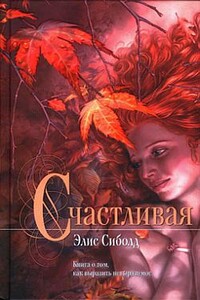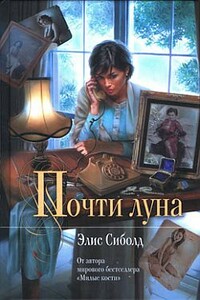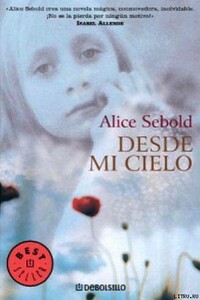The Lovely Bones - страница 6
And our heavens expanded as our relationship grew. We wanted many of the same things.
Franny, my intake counselor, became our guide. Franny was old enough to be our mother – mid-forties – and it took Holly and me a while to figure out that this had been something we wanted: our mothers.
In Franny’s heaven, she served and was rewarded by results and gratitude. On Earth she had been a social worker for the homeless and destitute. She worked out of a church named Saint Mary’s that served meals to women and children only, and she did everything there from manning the phones to swatting the roaches – karate-chop style. She was shot in the face by a man looking for his wife.
Franny walked over to Holly and me on the fifth day. She handed us two Dixie Cups of lime Kool-Aid and we drank. “I’m here to help,” she said.
I looked into her small blue eyes surrounded by laugh lines and told her the truth. “We’re bored.”
Holly was busy trying to reach her tongue out far enough to see if it had turned green.
“What do you want?” Franny asked.
“I don’t know,” I said.
“All you have to do is desire it, and if you desire it enough and understand why – really know – it will come.”
It seemed so simple and it was. That’s how Holly and I got our duplex.
I hated our split-level on Earth. I hated my parents’ furniture, and how our house looked out onto another house and another house and another – an echo of sameness riding up over the hill. Our duplex looked out onto a park, and in the distance, just close enough to know we weren’t alone, but not too close, we could see the lights of other houses.
Eventually I began to desire more. What I found strange was how much I desired to know what I had not known on Earth. I wanted to be allowed to grow up.
“People grow up by living,” I said to Franny. “I want to live.”
“That’s out,” she said.
“Can we at least watch the living?” asked Holly.
“You already do,” she said.
“I think she means whole lives,” I said, “from beginning to end, to see how they did it. To know the secrets. Then we can pretend better.”
“You won’t experience it,” Franny clarified.
“Thank you, Brain Central,” I said, but our heavens began to grow.
There was the high school still, all the Fairfax architecture, but now there were roads leading out.
“Walk the paths,” Franny said, “and you’ll find what you need.” So that’s when Holly and I set out. Our heaven had an ice cream shop where, when you asked for peppermint stick ice cream, no one ever said, “It’s seasonal”; it had a newspaper where our pictures appeared a lot and made us look important; it had real men in it and beautiful women too, because Holly and I were devoted to fashion magazines. Sometimes Holly seemed like she wasn’t paying attention, and other times she was gone when I went looking for her. That was when she went to a part of heaven we didn’t share. I missed her then, but it was an odd sort of missing because by then I knew the meaning of forever.
I could not have what I wanted most: Mr. Harvey dead and me living. Heaven wasn’t perfect. But I came to believe that if I watched closely, and desired, I might change the lives of those I loved on Earth.
My father was the one who took the phone call on December ninth. It was the beginning of the end. He gave the police my blood type, had to describe the lightness of my skin. They asked him if I had any identifying features. He began to describe my face in detail, getting lost in it. Detective Fenerman let him go on, the next news too horrible to interrupt with. But then he said it: “Mr. Salmon, we have found only a body part.”
My father stood in the kitchen and a sickening shiver overtook him. How could he tell that to Abigail?
“So you can’t be certain that she’s dead?” he asked.
“Nothing is ever certain,” Len Fenerman said.
That was the line my father said to my mother: “Nothing is ever certain.”
For three nights he hadn’t known how to touch my mother or what to say. Before, they had never found themselves broken together. Usually, it was one needing the other but not both needing each other, and so there had been a way, by touching, to borrow from the stronger one’s strength. And they had never understood, as they did now, what the word




